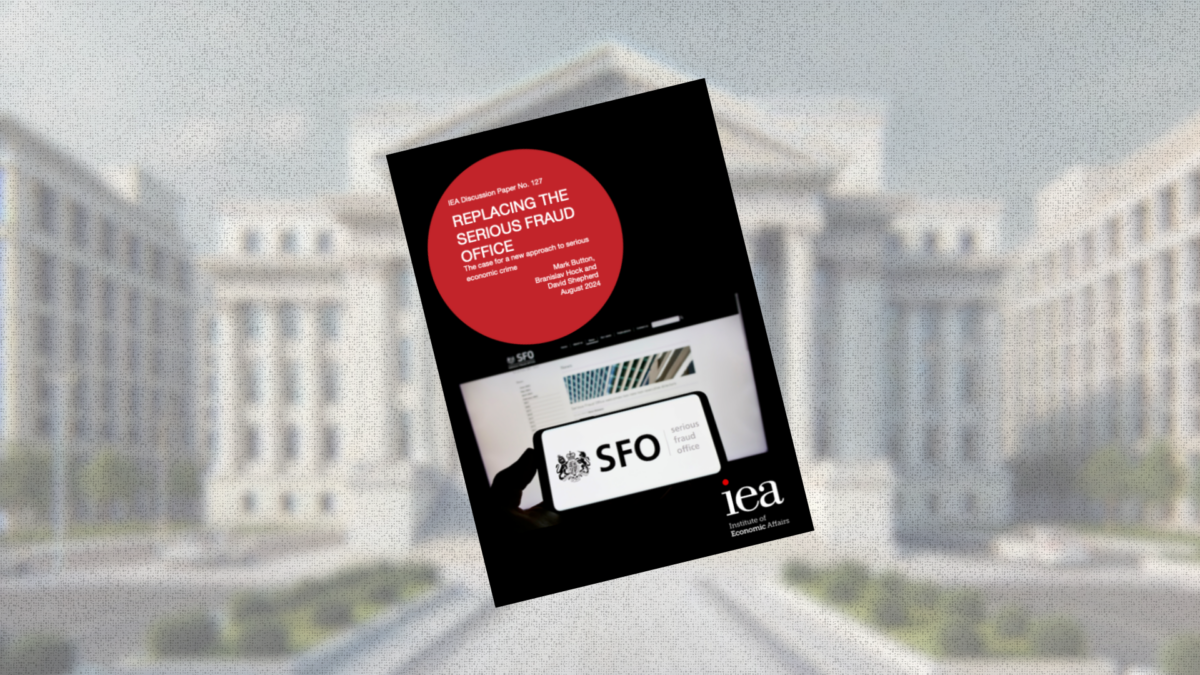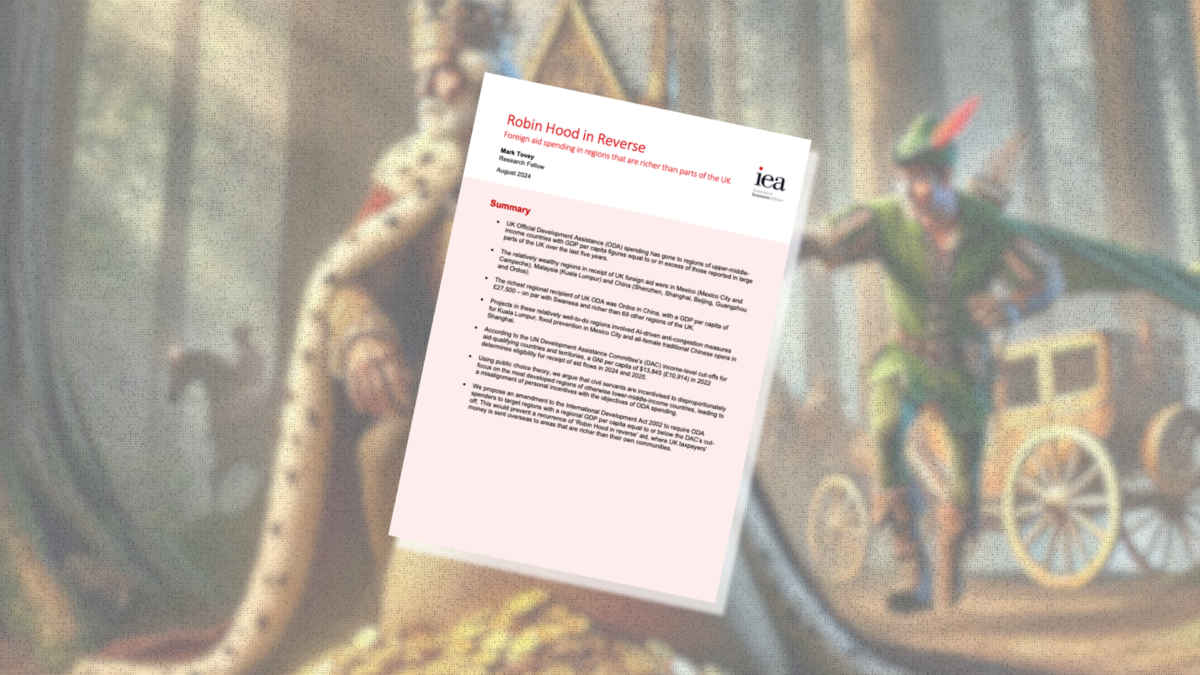Doctors’ Interests are Being Elevated Above Patients’
SUGGESTED



Christopher Snowdon writes for The Critic
Christopher wrote:
“With Rachel Reeves dishing out a 22 per cent pay rise to junior doctors, it was unsurprising when GPs recently voted for industrial action for the first time in 60 years. Not only is the average GP having to sit around chatting to people for a measly £88,000 a year, but — as they never tire of telling us — their surgeries are overstretched and they have to see too many patients.
“I’m being facetious, of course (or am I?) but everyone agrees that GPs spend too much time doing work below their pay grade — repeat prescriptions, dishing out paracetamol, dealing with cuts and bruises, malingerers, lonely old people, etc. — and yet the medical establishment is curiously resistant to any attempt to lighten their load. This week’s proposal from the Tony Blair Institute to replace some GP consultations with artificial intelligence was not met with rapturous applause from our medical overlords.
“Physician Associates (PAs) are one part of that solution. There are around 4,000 PAs working in the NHS, of whom half work in GP surgeries. To become a PA you need a life sciences degree and two years of training. That is less than the five years that is typical of a medical degree, but it is the same as the two year course in nursing for graduates and only a year less than the typical training course for paramedics and advanced clinical practitioners. None of these professions are equivalent to a fully trained doctor, but you don’t always need to see a doctor when you’re ill and there is good evidence that patients benefit from the use of auxiliary staff.”
Read Christopher’s full piece here.



